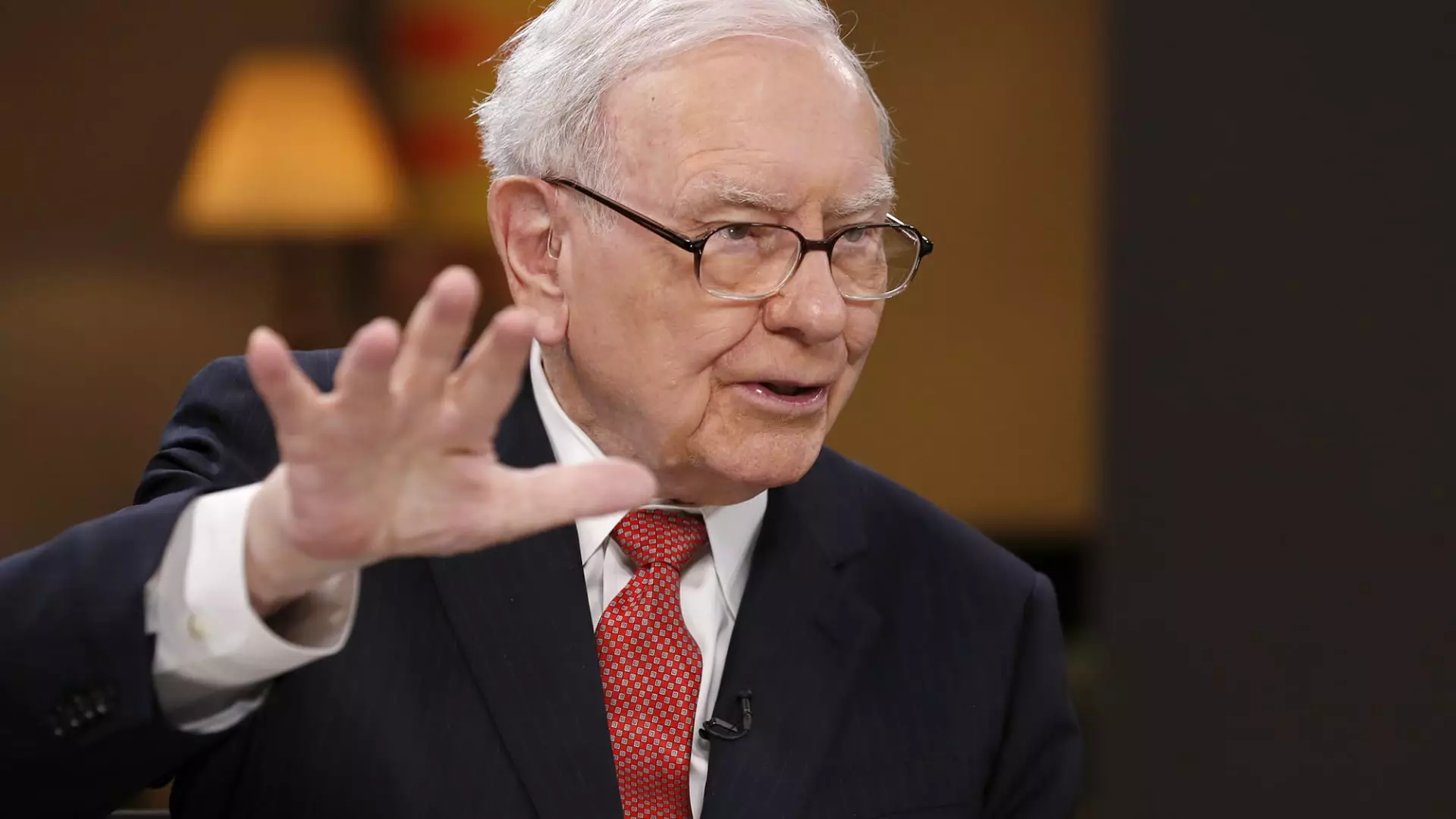Warren Buffett, the legendary investor and CEO of Berkshire Hathaway, is not just recognized for his financial acumen but also for his distinctive perspective on wealth distribution. Recently, Buffett has articulated a profound view on the implications of dynastic wealth, arguing against the idea of simply passing down vast fortunes to future generations. Instead, he has pledged to allocate 99% of his $150 billion fortune to charitable causes, demonstrating a commitment to philanthropy that extends beyond his immediate family.
Buffett’s strong stance against creating a legacy of wealth for his children stems from his belief that inheriting large sums of money can hinder personal development. In a recent letter, he expressed concerns that wealthy descendants might not experience the same challenges that foster growth and resilience in less affluent individuals. He wrote, “I’ve never wished to create a dynasty or pursue any plan that extended beyond the children.” This insight underscores his desire for his children to face life’s challenges without the assurance of inherited wealth, thereby encouraging self-sufficiency.
Moreover, Buffett emphasizes that the unpredictable nature of future generations complicates wealth distribution. He acknowledges that wealth can wield significant influence, and when it is hoarded within a family, it can lead to varying interpretations of its use in philanthropy. The potential disconnect between the intentions of current wealth holders and the priorities of their descendants can result in misaligned goals that could waste or misdirect funds meant for societal betterment.
To address these concerns, Buffett appointed three independent trustees to oversee his philanthropic endeavors, which can potentially allow for a more thoughtful approach to allocating his wealth after he passes. These trustees are described as being well-acquainted with his children, reinforcing the notion that they share a similar vision for philanthropy. This strategy not only highlights Buffett’s trust in these individuals but also acknowledges that they are more likely to manage the wealth in a manner aligned with Buffett’s values and goals.
By placing responsibility in the hands of trustees, Buffett is taking a definitive step to ensure that his wealth serves its intended purpose—even if it’s not directly managed by his children. He commented, “But these successors are on the wait list. I hope Susie, Howie, and Peter themselves disburse all of my assets.” This statement indicates his wish for his children to take a central role in philanthropy while simultaneously preparing for contingencies that may arise in the future.
Buffett’s parenting philosophy becomes evident when he reflects on his children’s upbringing—he believes they have internalized valuable lessons about wealth and philanthropy from their mother. He expresses confidence in their ability to navigate the complexities of wealth management, noting their comfort with financial stability, but also their lack of obsession with accumulating wealth. This balanced perspective suggests that Buffett has successfully instilled a sense of responsibility and ethical consideration when it comes to handling money.
Moreover, Buffett’s track record of annual contributions to family foundations since 2006 showcases his dedication to experiencing and understanding philanthropy at a personal level. His observance of his children’s actions over several years has enabled him to assess their readiness to handle significant philanthropic responsibilities. As he explained in his letter, this period has allowed him to witness their growth and development, allowing him to judge his trust in their capabilities.
Warren Buffett’s views on wealth distribution and philanthropy stand as a tantalizing model for ultra-high-net-worth individuals who grapple with similar dilemmas regarding legacy and responsibility. His approach—imbued with careful consideration and a commitment to societal betterment—encourages a dialogue about the best ways to handle substantial wealth in an ever-evolving societal landscape. His skepticism towards dynastic wealth serves as a cautionary tale, urging wealthy individuals to think critically about the long-term implications of their financial decisions for both their families and society at large. As Buffett continues to shape his legacy, it is evident that he prioritizes values over mere monetary wealth, inspiring future generations to adopt a similar mindset.

